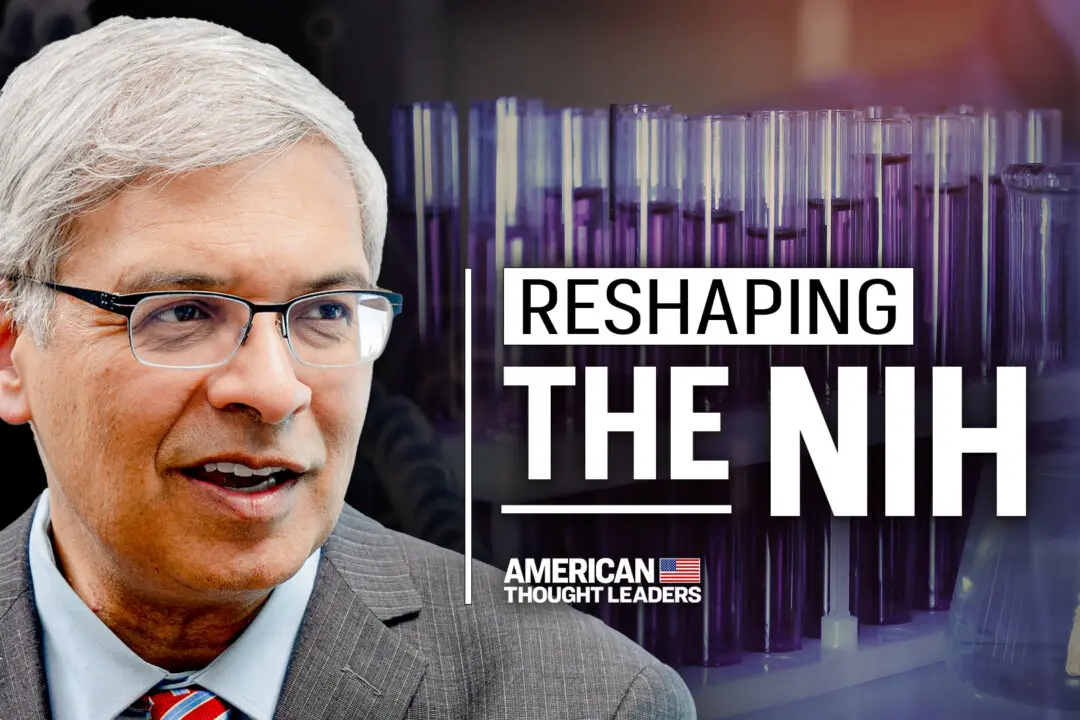“People need to be able to ask questions,” says Dr. Aaron Kheriaty. “That’s central to what it means to live in a free society.”
In back-to-back episodes of “American Thought Leaders,” host Jan Jekielek discussed the pandemic, informed consent, and citizens’ rights with Kheriaty, a professor of psychiatry at the University of California Irvine’s School of Medicine and director of the medical ethics program at UCI Health. For filing an August lawsuit challenging his university’s vaccine mandates on behalf of himself and others who have natural immunity, Kheriaty was suspended and the school put him on “investigatory leave.”






